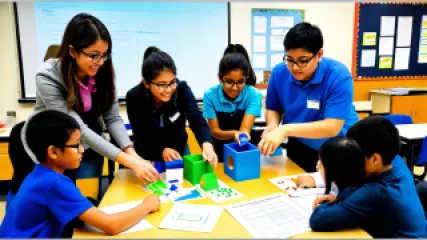10 Stress Relief Strategies to Improve Your Well-Being
před 1 rokem
Strategie zvládání
Mindfulness vs Meditation: A Step-by-Step Guide for Personal Growth
před 1 rokem
Všímavost vs. meditace
How to Overcome Loneliness: 10 Proven Strategies
před 1 rokem
Samota
Lessons from Pixar's 'Finding Nemo' for Healthy Parent-Child Relationships
před 1 rokem
Vztah rodič-dítě
Mindfulness vs. Meditation: Exploring the Nuances
před 1 rokem
Všímavost vs. meditace
Lessons from 'Forrest Gump' on Coping with Loneliness
před 1 rokem
Samota
5 Powerful Self-Care Strategies for Emotional Wellness
před 1 rokem
Strategie emočního zdraví
10 Powerful Mental Health Benefits of Physical Touch
před 1 rokem
Přínosy fyzického dotyku
Mindfulness vs. Meditation: An Opinion on the Differences
před 1 rokem
Všímavost vs. meditace
5 Mental Health Myths Debunked Using Lessons from 'The Shawshank Redemption'
před 1 rokem
Vyvrácení mýtů o duševním zdraví
Strengthening the Parent-Child Coaching Relationship
před 1 rokem
Vztah rodič-dítě
Uncovering the Power of Kinesthetic Learning: A Research Summary
před 1 rokem
Styly učení
Former Caregiver Shares Strategies for Overcoming Stress
před 1 rokem
Stres pečovatelů
What are the Best Parental Care Services for Aging Parents?
před 1 rokem
Stárnoucí rodiče
Rethinking Friendship Dynamics: An Honest Perspective
před 1 rokem
Psychologie přátelství















